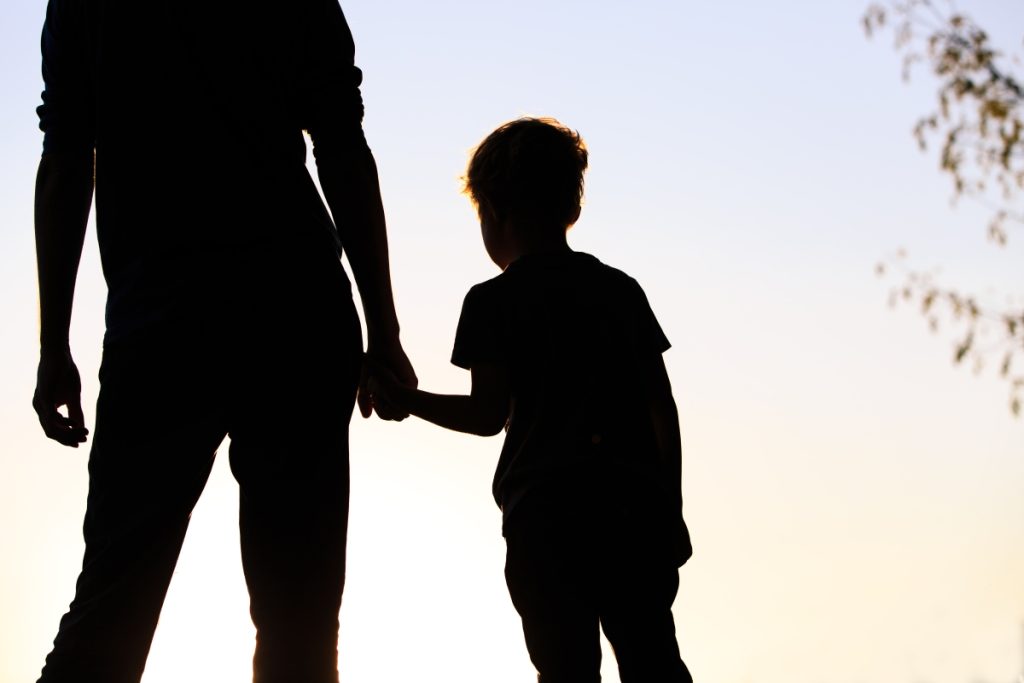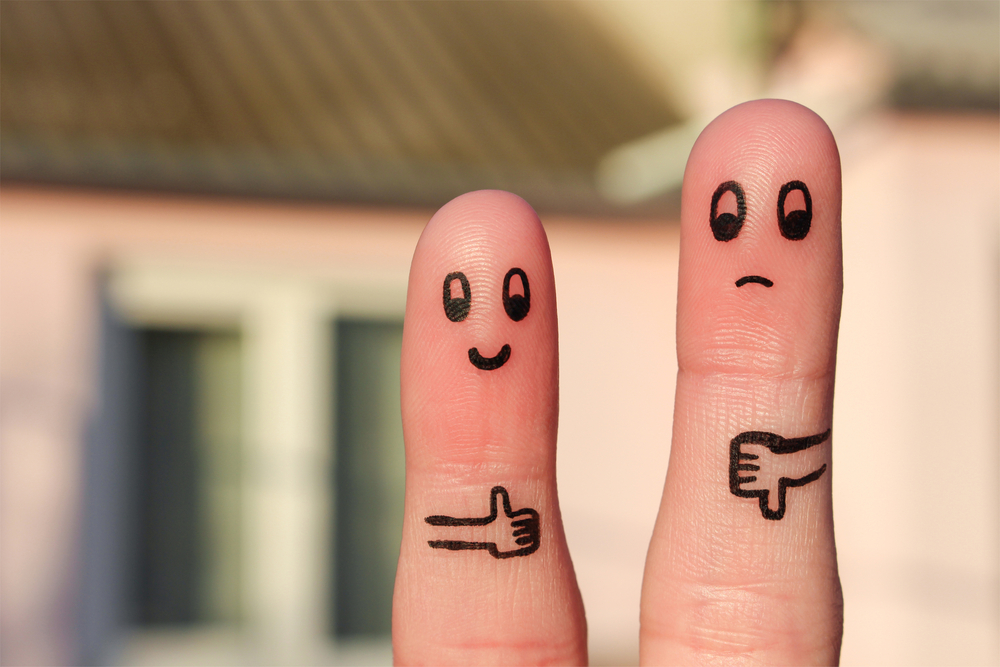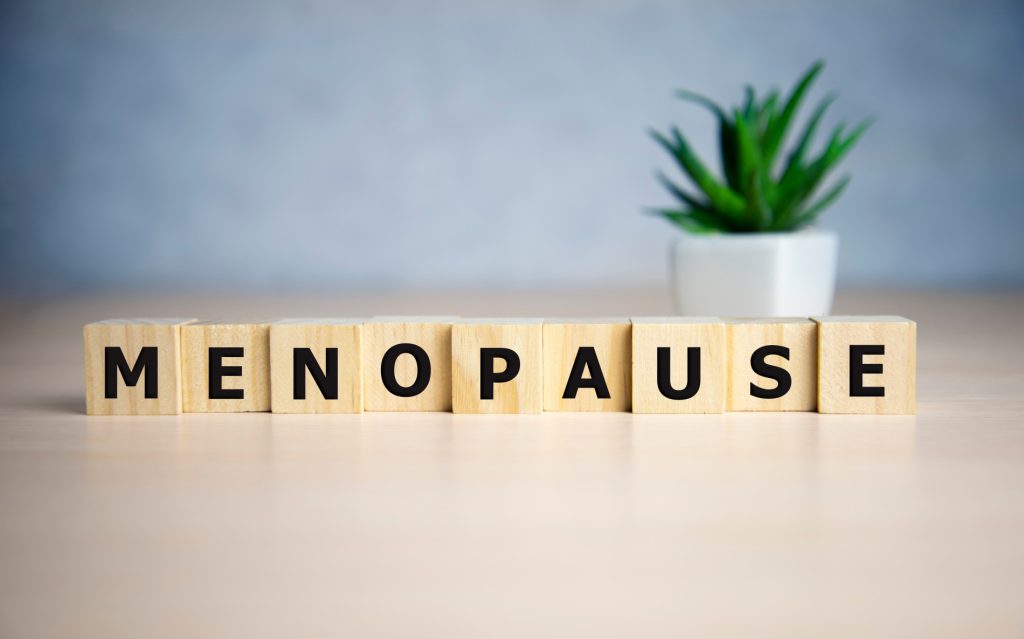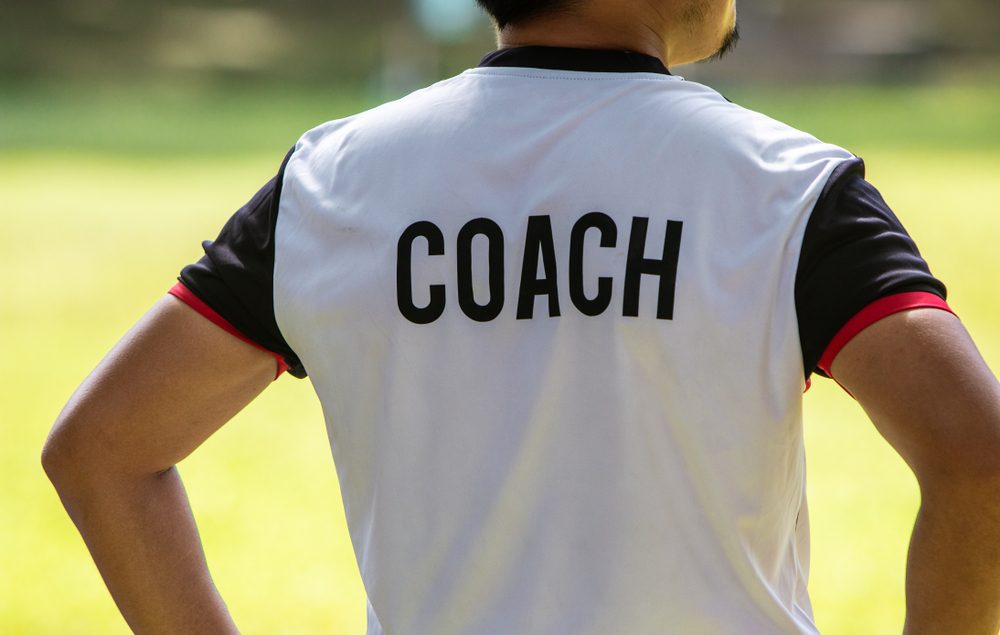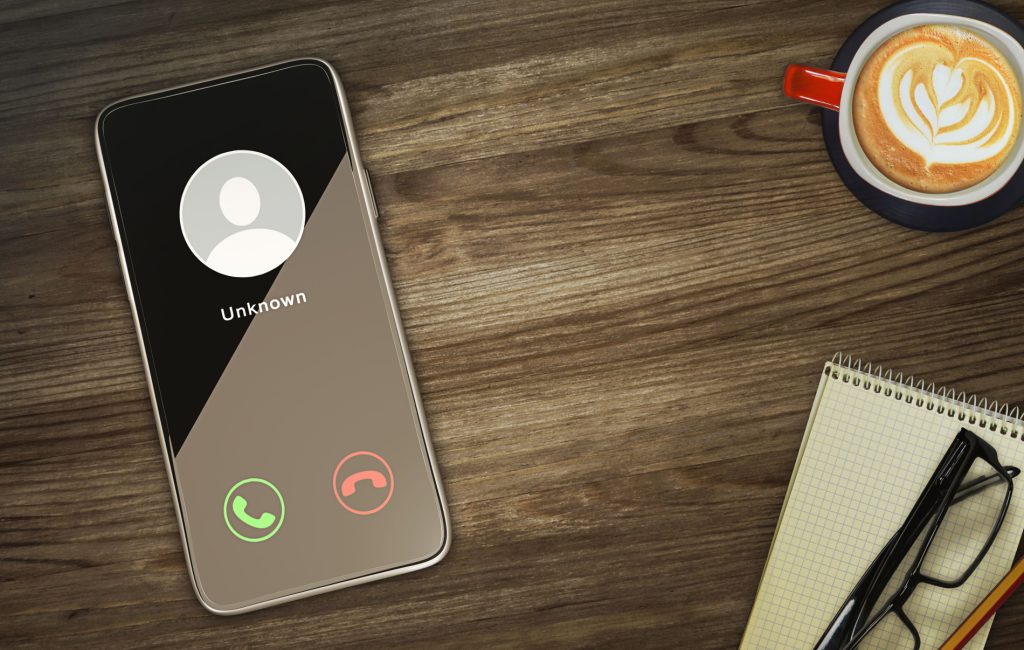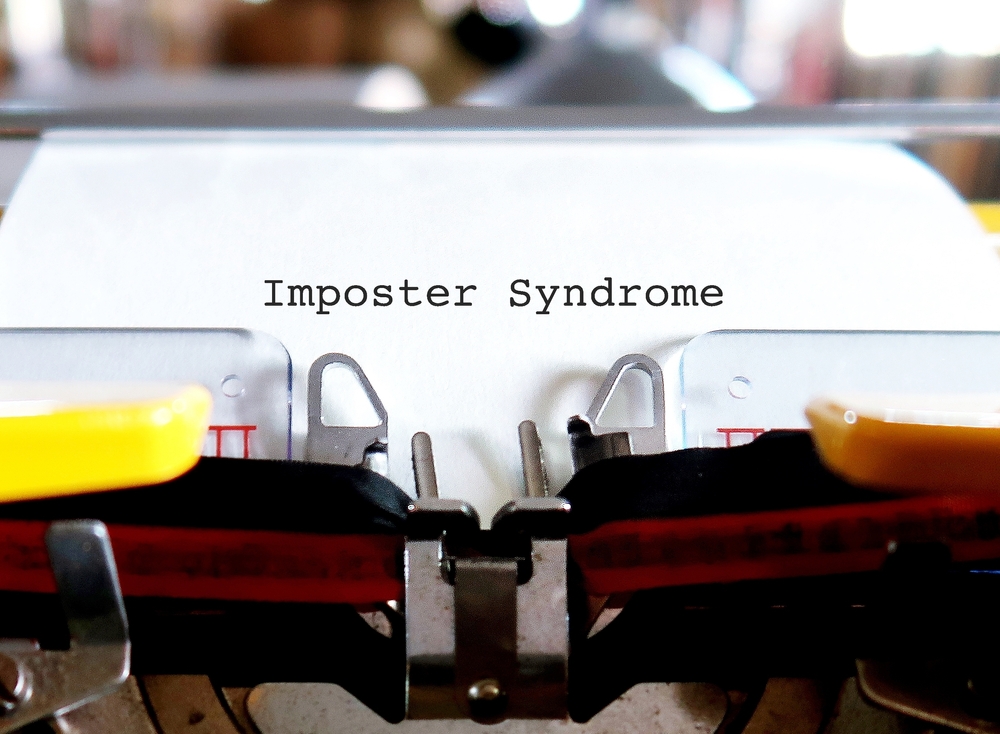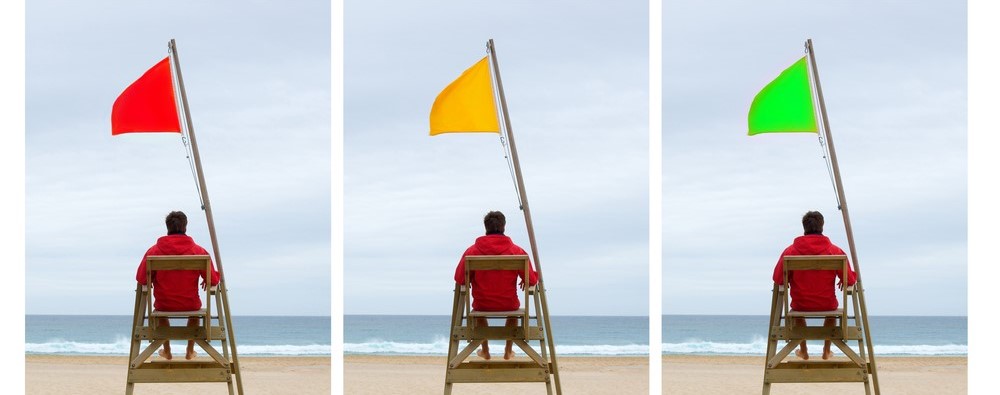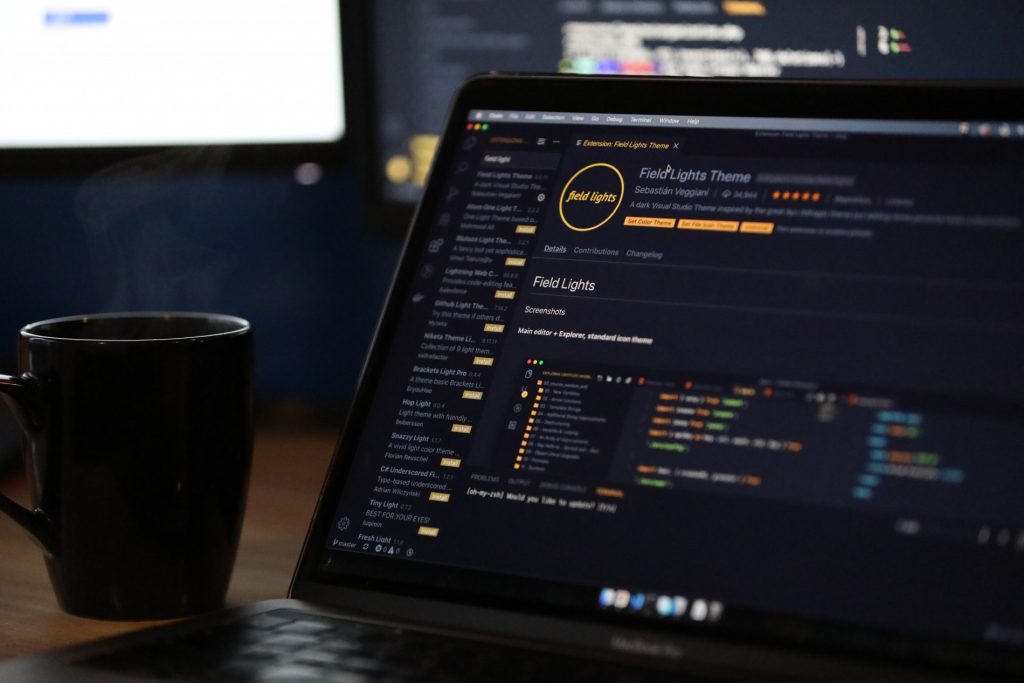Losing your job during a Pandemic is not your doing, don’t let it define you.
About what it really means to be 'essential,' and how to cope with the emotional turmoil of unemployment.
“When I grow up I’m going to be an essential worker” said by my son with such profoundness that it stopped me in my tracks.
For a long time, he has said that he wants to be a chef when he is a grown up. Ironic coming from a small person who has a penchant for avoiding new foods at dinner time but also accurate given he thinks I am his short order cook.
Our parenting is of the ‘turn the news off when he is in the room’ sentiment. We reason that for as long as we can protect him from Donald Trump and all of the other frightful things on television then we will do so. He knows about the virus and we often check in with him to see if he has any questions or if there is anything on his mind about it. He understands it is because of the “sickness” he has not been allowed to go to school and it is why I am bathing him in hand sanitiser. He is counting the weeks to his birthday and calculates the probability of restrictions being eased so that he can have a ninja themed birthday party. Ninjas you see cannot get the virus.
But how ‘essential worker’ came to his vocabulary is a mystery and so this sage declaration was a surprise.
Out of the mouths of a recruiter’s son.
We know that it is our essential workers who have truly kept society afloat whilst the rest of the world is adrift at sea. Our medical profession always deserves praise but in recent times and probably because of home schooling, we have come to realise the enormous workload our teachers carry and the colossal responsibilities they bear.
I suspect end of year teacher gifts are going to be more than coffee cups filled with Ferrero Rocher chocolates come this December.
But with all of this talk of essential workers, I think we have forgotten about the non-essential workers; and really, by definition, who is essential and non-essential, and can you imagine being labelled non-essential? What impact could that have on your psyche?
For many people, the current situation is less than ideal and for many candidates I have spoken to in recent weeks, there is a collective sense of anger and fear. I have had candidates share with me their vulnerabilities and there is a privilege in this. To those who have lost jobs because of the virus, to those of you who have not been able to find a job because of the circumstances you have found yourself in, this is what I want you to know.
It is not your fault.
I have spent years talking to, interviewing, and working with candidates who have been terminated, made redundant, been retrenched. Candidates who have admitted at interview that they left their last job because it was not the right fit, not the right location, they did not enjoy the work, company restructures, contract role only. To work with candidates who have struggled in their past only then to witness them find their place, to secure their future, it has, and always will, give me such joy.
It is my WHY.
We have all been propelled into this strange universe, unravelled, and unmoored from reality, clinging to some watery faith that this too shall pass. I have always been an optimist, with a view to this world through my rose-coloured glasses, sometimes naively so, other times a bit more cautious.
In speaking with my candidates, I continue to remain hopeful and encouraging. The situation is like taking a flying leap into the unknown, but my message is consistent, and I want to remind everyone right now, losing your job during a pandemic is not your doing. You are not responsible for what happened, you can only be responsible for what you do next.
Losing your job under normal circumstances elicits a range of emotions but doing so in the midst of a pandemic is far more complex because the circumstances are far more entangled. In simple terms, news of a redundancy may be followed by farewell Friday afternoon drinks with colleagues. Whereas now, job loss and redundancy is coupled with restrictions sending you into isolation and drinks via facetime. A couple of years ago I wrote about how losing your job can feel as though you have lost your identity. During an interview with a candidate who was very emotional after a recent redundancy, I suggested that perhaps what she was feeling was grief.
I think grief is an emotion not often associated with job loss, though there is power in acknowledging the grief and allowing yourself permission to grieve for something you have lost. Because loss is not always human loss. This feeling of grief is further heightened by the complication of dealing with loss during a pandemic and that is where we all become a bit unstuck. We have not done this before; we do not know how this goes. When I commenced my career in the recruitment industry there was no training module on “recruiting through a pandemic.” We are all making this up as we go, following our instincts, trusting we are getting some of it right but not knowing which bits. Only in hindsight will we know this but let us hope that if we could have done better, we would have.
For those who find themselves in a position of unemployment I offer this. Now is the time to readjust expectations and to not worry too much about resume gaps, career trajectories and job titles. Remember that progress will be slow, but slow progress is progressive. Upskill, volunteer, sit in the sun and spend time on LinkedIn. Read, write, connect, phone friends, phone former employers, facetime a Recruiter. Join an online group, register for webinars, go for a walk, drink tea, listen to music.
You may not be government defined “essential” but for some employer, you are and will be essential. But you are also so much more than your job title and your employment status is only a fraction of who you are and what you have to offer to society.
